 Over the past two months, I sat on three interview panels to help different organizations in their hiring process. In each case, these panels were interviewing mid-senior level candidates for positions of great responsibility.
Over the past two months, I sat on three interview panels to help different organizations in their hiring process. In each case, these panels were interviewing mid-senior level candidates for positions of great responsibility.
I write and lecture a lot about self-branding and how to connect the relevant skills between a job seeker’s resume, cover letter and interviews; and participating in these panels reinforced my theories about successful job seekers and the things that job seekers do to sabotage their chances.
In general, the most successful candidates created a ‘sigh-of-relief’ connection with the interview panel.
Following these interviews, the words and phrases that were used to describe the most capable candidates included:
- “Exactly what we were looking for; ready to go…”
- “Confident with bold answers to our questions…”
- “They would have a short learning curve and would fit in quickly.”
- “Really made me believe their skills were aligned with this job…”
- “She could solve our problem.”
- “They displayed specific experiences that are tied to this job.”
- “They really took the time to research and understand us.”
And while these described their capabilities, the ‘soft-skills’ of the successful candidates were described as:
- “I got a really good feeling from him.”
- “She had great energy and got me excited listening to her describe her history!”
- “She sounds like she’d be easy to get along with.”
- “He comes off as a good people person.”
For those that didn’t interview as well, the words and phrases used included:
- “Disappointed; based on their resume, I expected more…”
- “They were way too general – it made it sound as if they were making up answers and hoping we didn’t notice.”
- “He didn’t do much research on us.”
- “Wow – what a blown opportunity.”
- “Where do I go to get my 45 minutes back?”
- “He was so stern! I wish he’d smile a bit and show us some likability.”
- “They were so nervous, it was difficult to understand their answers.”
- “I never heard anything specific to how they could do the job.”
- “They were trying so hard, they sounded desperate.”
- “I felt they were lecturing me.”
- “They had problems even answering the softballs we threw them.”
 An interview, for the most part, is a traditional sales pitch. In a sales pitch, you must be the champion of your product; deftly and confidently describing and persuading why the benefits of your product create the strongest differentiators from your competition. You are showing how your product will best help create a desired outcome – perhaps addressing a problem, increasing sales, or providing a specific result that is not available at the organization.
An interview, for the most part, is a traditional sales pitch. In a sales pitch, you must be the champion of your product; deftly and confidently describing and persuading why the benefits of your product create the strongest differentiators from your competition. You are showing how your product will best help create a desired outcome – perhaps addressing a problem, increasing sales, or providing a specific result that is not available at the organization.
As a job seeker, an interview is the best opportunity to get a job offer. In your discussion with employers, your goal is to capture their imagination and give them that ‘sigh of relief’ moment that says ‘the search is over, we’ve found the right employee for this job.”
Find more articles on interviewing strategy at www.andrewhudsonsjobsblog.com
To find the best jobs in Colorado, go to www.andrewhudsonsjobslist.com








